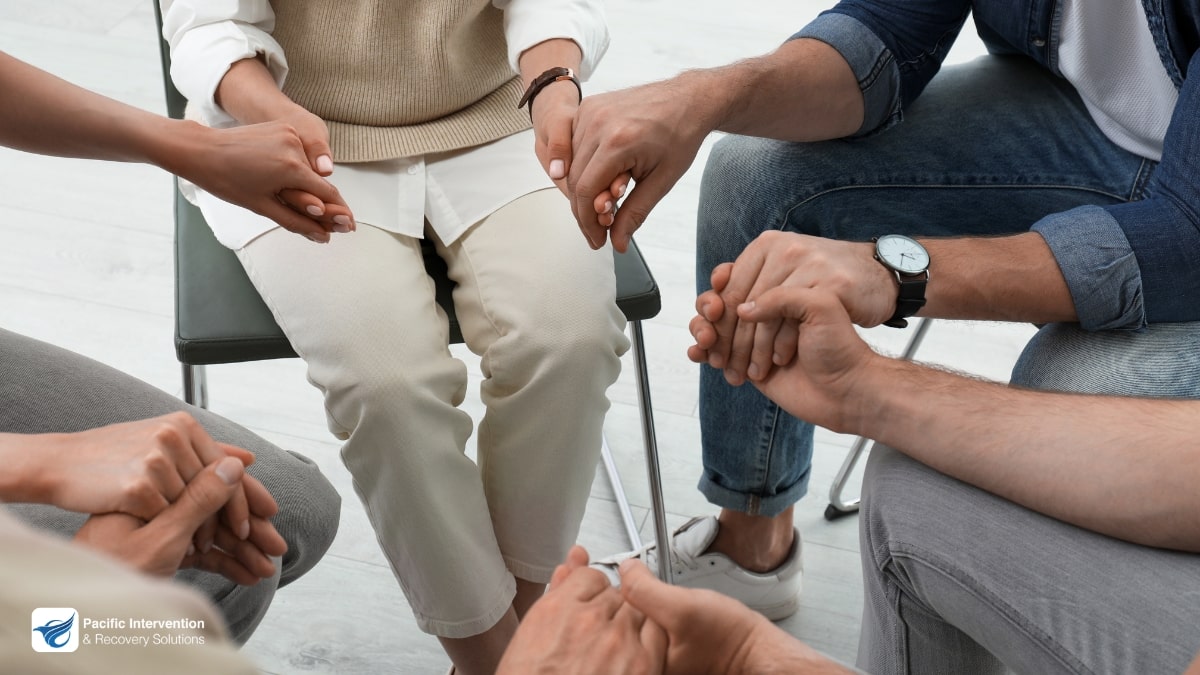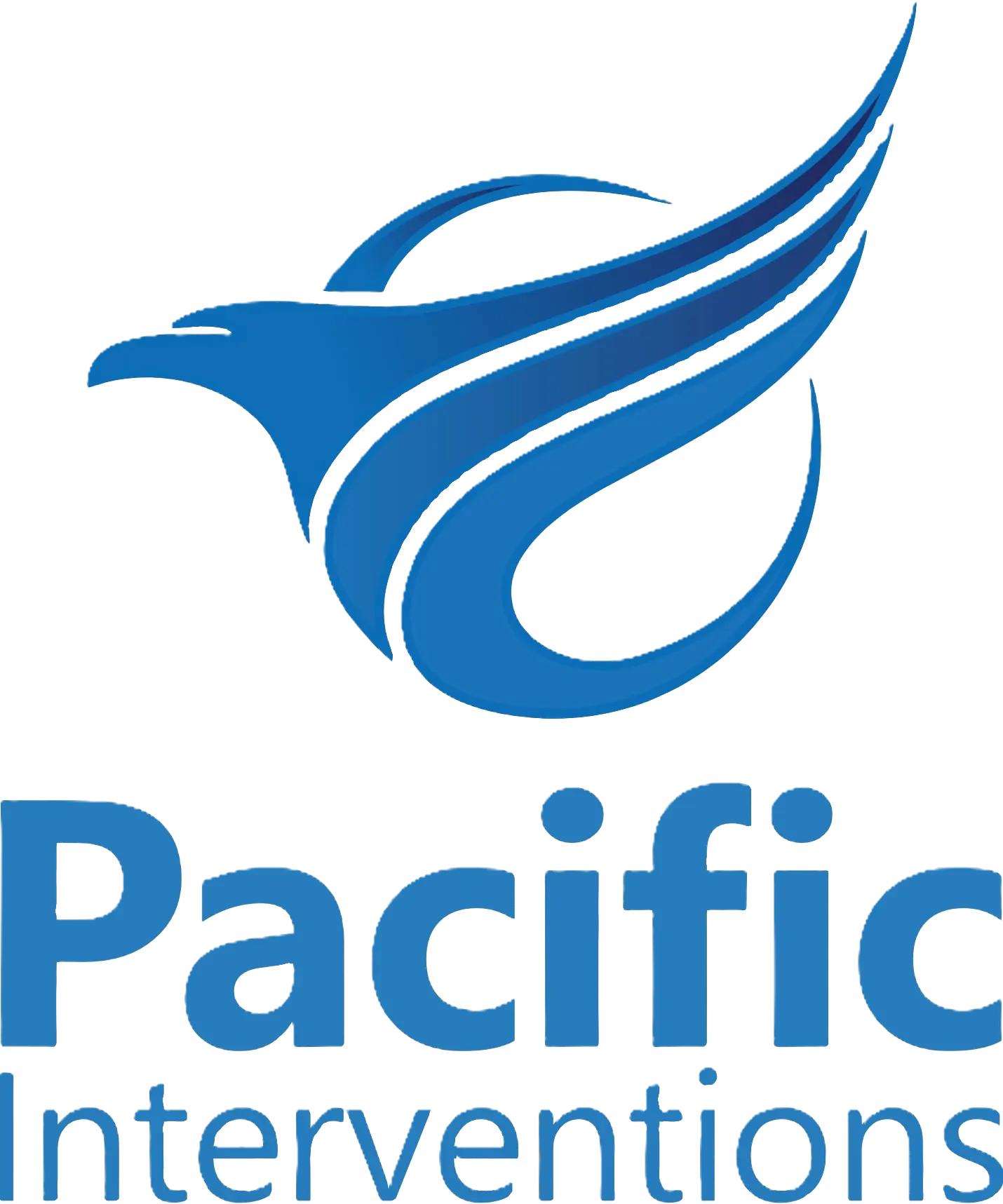In this article, we’ll talk about a few of the commonly abused substances. We’ll address how to recognize warning signs, various paths to recovery and breaking the stigma.
1. Prescription Medications
While prescribed by doctors for valid medical reasons, medications can be dangerous when misused. The most commonly abused categories include:
• Opioids (e.g., codeine, morphine, methadone) for pain relief
• Sedatives (e.g., Xanax, Valium, phenobarbital) for anxiety or sleep disorders a
• Stimulants (e.g., Ritalin, Adderall) for ADHD treatment
2. Illegal Drugs
These abused substances carry an added risk: they are unregulated and may contain dangerous additives. A pill that seems safe one day can be deadly the next. Cocaine, ecstasy (MDMA), methamphetamine, and heroin are among the most frequently abused — each with its own serious physical and mental health consequences.
3. Alcohol
Still of all the abused substances in Canada alcohol is most common, alcohol is socially accepted yet responsible for billions of dollars in annual healthcare and social costs. Heavy drinking raises the risk of accidents, chronic illness, and alcohol poisoning — a medical emergency that can be fatal without prompt treatment.
Why People Turn to Substances
No one starts out intending to develop a substance problem. Many begin experimenting out of curiosity or for recreation, but repeated use can quickly cross the line into harmful patterns.
Some of the most common underlying reasons include:
1. Mental Health Challenges – Depression, anxiety, and other mental illnesses often drive people toward self-medication.
2. Past Trauma – Survivors of abuse, violence, or life-altering events may use substances to numb emotional pain.
3. Chronic Stress – High-pressure jobs, financial struggles, or personal crises can lead people to seek temporary relief through drugs or alcohol.
4. Social Pressures – Especially among youth, the desire to fit in or impress peers can override caution.

Recognizing the Warning Signs
Spotting substance abuse early can make a life-saving difference. Warning signs may include:
• Physical changes: weight fluctuations, poor coordination, unusual smells, or chronic fatigue
• Behavioural shifts: withdrawal from loved ones, declining work or school performance, sudden mood swings, or secrecy about activities
• Intoxication symptoms: slurred speech, dilated pupils, hyperactivity, or drowsiness depending on the substance
If someone shows signs of overdose — such as difficulty breathing, loss of consciousness, or severe vomiting — call 911 immediately.

Paths to Recovery
Overcoming substance abuse isn’t a one-size-fits-all process. Effective recovery often involves a combination of approaches:
• Professional Counselling & Therapy – Cognitive-behavioural therapy (CBT) and other methods help address the root causes of substance use.
• Interventions – With the guidance of a trained professional, families can encourage a loved one to seek help.
• Treatment Programs – Residential or outpatient programs offer structure, medical supervision, and ongoing support.
• Complementary Therapies – Mindfulness, yoga, equine therapy, and creative outlets can enhance recovery when paired with traditional treatment.

Breaking the Stigma
Many people abuse substances, it is not a moral failing — it’s a health issue that requires compassion, understanding, and evidence-based care. By speaking openly about the problem, we can encourage more people to seek help before the consequences become irreversible.
If you or someone you care about is struggling, don’t wait for things to get worse. The road to recovery is challenging, but with the right support, it is entirely possible to rebuild a healthy, fulfilling life.
FAQs
1.How can I offer encouragement to someone undergoing recovery?
You can do it by understanding addiction, showing your support, keeping an eye on them, not judging others, avoiding arguments, being patient, helping them form good habits, and learning about addiction.
2.What actions are beneficial for supporting someone in recovery?
To effectively support someone in recovery, consider these actions:
- Listen actively to encourage them to express positive and negative feelings about their recovery.
- Model good behavior as an example.
- Develop new, healthy activities to enjoy together.
- Exhibit patience throughout their recovery process.
- Take care of your well-being to stay strong for them.
3.How can I assist a loved one in seeking help?
To help a loved one get help, you can
- Listen attentively, allowing them space to talk about their feelings.
- Offer reassurance to mitigate feelings of loneliness or fear.
- Remain calm to provide a stable environment.
- Be patient as they navigate the process of seeking help.
- Avoid making assumptions about their feelings or needs.
- Maintain social contact to keep them connected with others.



